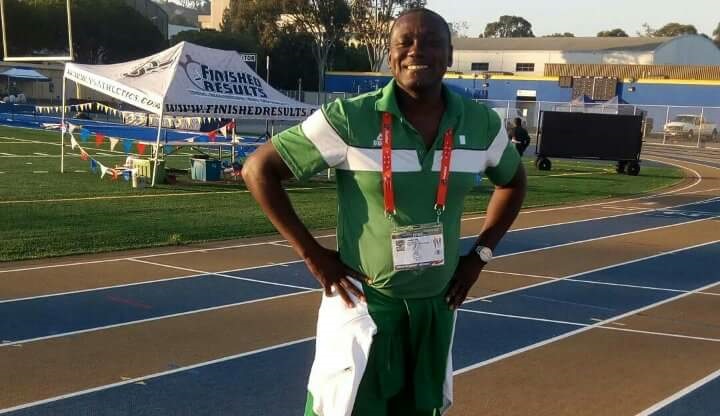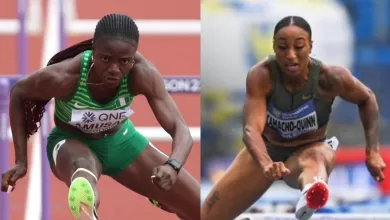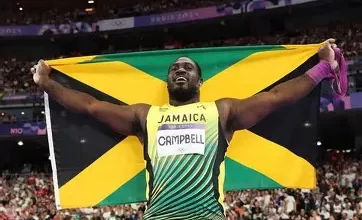How to find the right athletics coach for you

Finding the right athletics coach for you is important, ensuring they provide advice that fits your needs and lifestyle, and help to create a positive, sustainable relationship with the sport.
But how to go about it? Here’s our quick guide on finding the right coach for you.
Determine the help you need
Different coaches will be valuable for different people, so finding a coach who matches your needs will help get the most out of your athletics journey.
Some coaches may foster a group with a focus on making sessions as fun as possible. These coaches can be great when first finding your way into the sport, encouraging you to learn its disciplines and make you want to keep coming back.
If part of the reason you are taking up athletics is for the social interactions it creates, these coaches may be the best place to start.
Other coaches may have more of a focus on the performance side of athletics and be more appropriate for those who feel they already have an understanding of the sport and want further guidance on particular aspects of their event.
For those doing multiple disciplines, some may even choose to have more than one coach, with specialists guiding them for jumps, sprints and throws, though there are multi-discipline coaches that focus on all the events.
These performance-focused coaches can take many different forms, from experienced coaches to former athletes as well as those with a science-focused physiology background. Think of what sort of advice you would see as valuable and select your coach accordingly.
To gain a sense of the types of sessions run by coaches, take a look on social media as well as on club and coach websites, or even ask if you can do a trial session.
Getting guidance on qualified coaches through your governing body
Many national athletics federations have a list of qualifications available to coaches on their websites.
See if the coach you hope to work with has any of these, as it will be a good indicator of the experience they have gained.
As well as these qualifications, World Athletics offers an eLearning platform, which provides educational courses and webinars for people within the sport, including those in key stakeholder groups such as technical officials, coaches and medical professionals. Further information can be found here.
Matching personality to your outlook
Like people in everyday life, coaches will have different personalities. Some people like working with enthusiastic and loud coaches, valuing the support and clear instructions. Others prefer a softly-softly approach, with less-frequent but nonetheless valuable feedback.
Think about what you require in a coach. Speak to current group members already guided by your potential coach to gauge their personality and contemplate whether that would work for you.
Thinking beyond athletics, how does the coach fit into your life?
Ensuring you are both on the same page will create a more positive, long-lasting and sustainable relationship for athlete and coach.
Appraise yourself honestly and think about what sort of role you see athletics playing in your life. If family, work and other life commitments may affect your training, make sure you find a coach that understands that. Be honest and up front with that coach when it comes to how you see the relationship working.
A good indicator of this will be finding a coach who works with other athletes with a similar lifestyle to you, and a good way of finding this out will be heading down to the track and trying out a few sessions for yourself.
Culled from World Athletics Website




